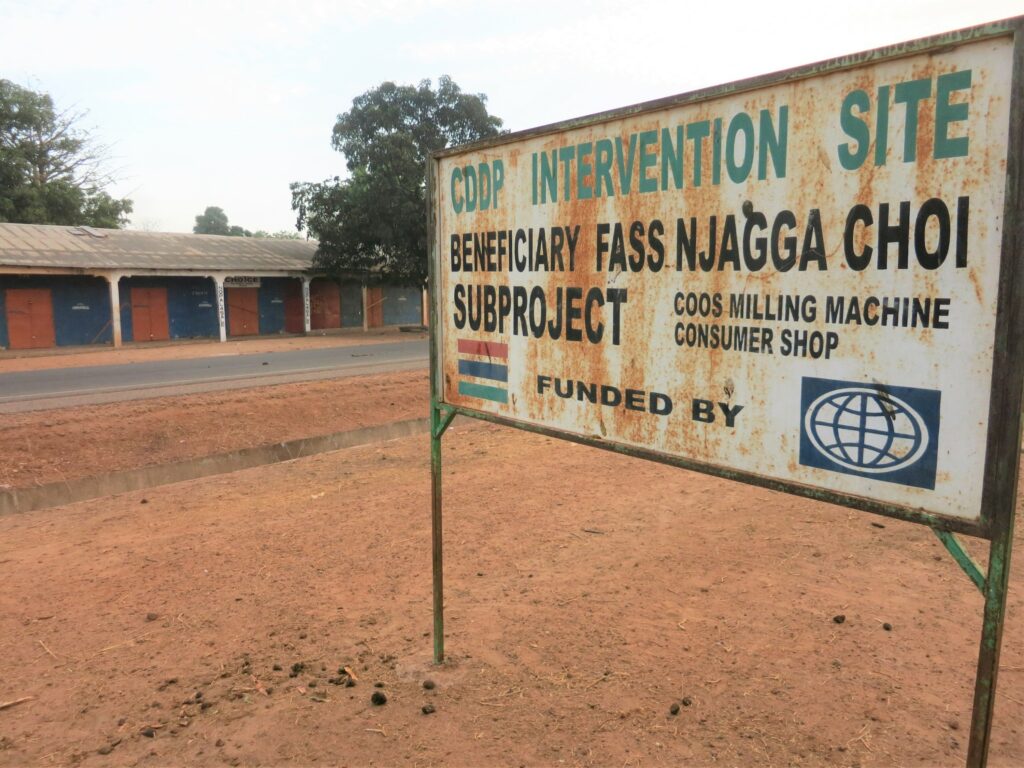The authors study the effect of participatory development projects on social and economic networks in rural villages in The Gambia. Participatory development projects actively involve villagers in financing and decision-making processes, intending to create more effective projects and to strengthen local institutions. These projects, in particular Community-Driven Development (CDD) projects, are a major form of international donor activity. As of March 2021, the World Bank alone supports 327 CDD projects in 90 countries, lending over 33 billion US$. Thus, it is important to understand the effects of such projects on local communities. Existing research on the intended effects of CDD projects is limited in breadth and typically finds moderate positive effects at best. At the same time, CDD projects risk having unintended negative effects, e.g. through their interactions with local power structures and decision-making mechanisms, or through unequally distributed benefits.
The authors first argue theoretically that the effects of CDD projects on decision-making processes and unequal economic outcomes can translate into effects on social and economic networks. To study the effect of CDD projects on networks empirically, the authors utilize the random allocation of a CDD project to villages in The Gambia. They collected detailed data on social and economic interactions in 56 villages, half of which had received CDD projects in the past. The central empirical finding is that the density of social and economic networks in program villages is lower than in non-program villages. Given the importance of these informal networks for risk-sharing (e.g., in case of an illness), the reduced density of networks implies a negative effect on expected household welfare. Further empirical analyses suggest that elite capture (i.e., the appropriation of project gains by village elites) contributed to the problem of unequally distributed benefits from the project, which in turn led to conflicts, thus weakening the networks. Overall, the results demonstrate possible unintended negative consequences of participatory development projects.

